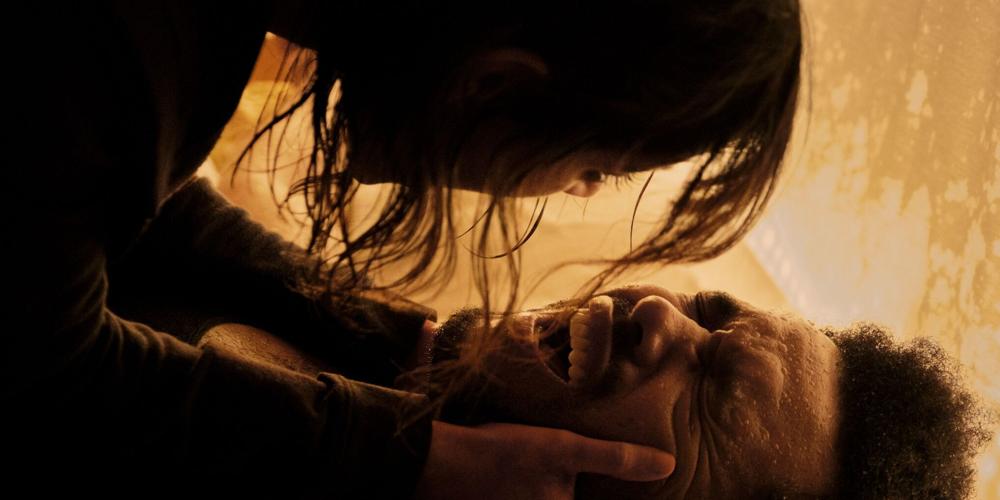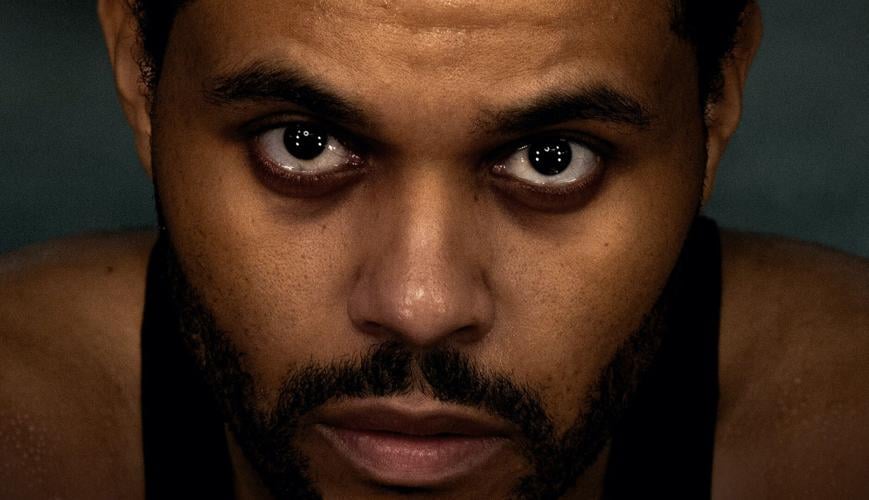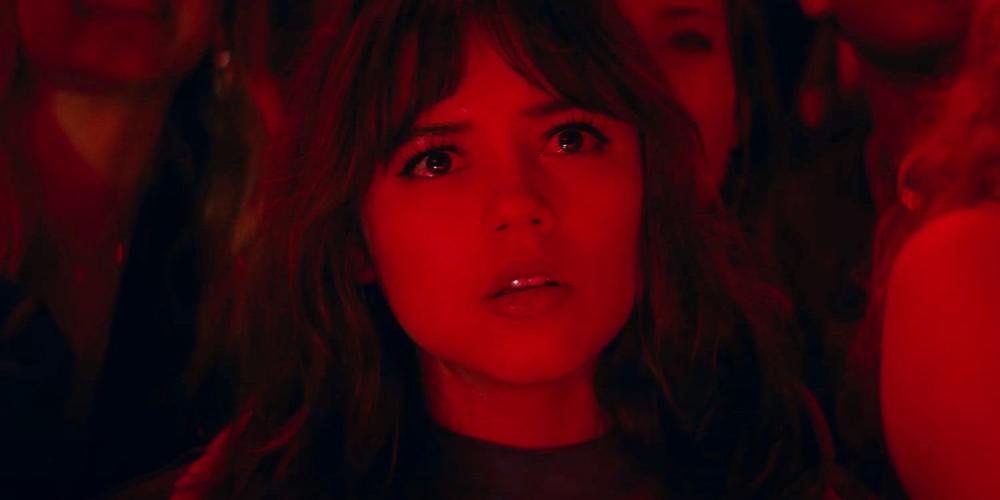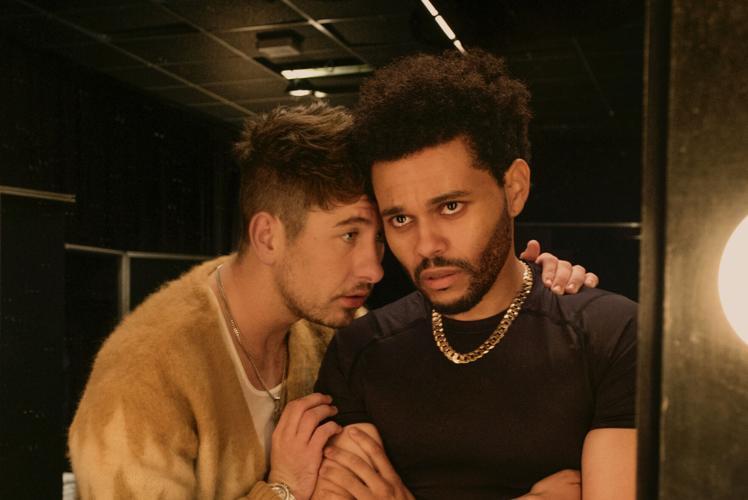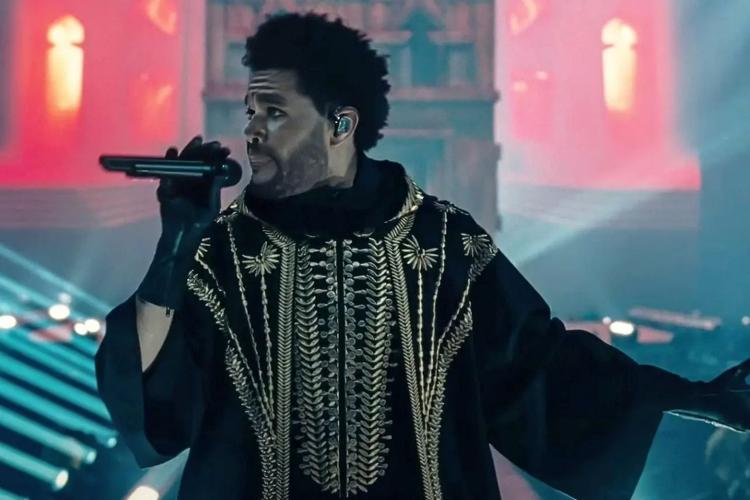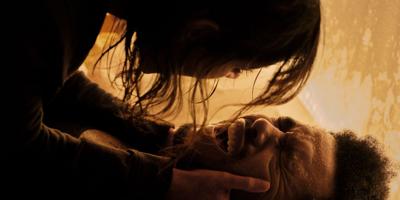Abel Tesfaye is a Canadian singer-songwriter who first entered the music scene in 2011 with his mixtape House of Balloons. His stage name is The Weeknd, intentionally spelled without the third "e." His first hit song was "Can't Feel My Face," which was off his second studio album Beauty Behind the Madness (2015), which was his first number-one album. It was also his first and only solo album to be nominated for Album of the Year at the Grammy Awards. He's been featured on albums by Beyoncé, Doja Cat and Kanye West, which have gotten him further recognition. He was nominated for the Oscar for Best Original Song for his track "Earned It," which was off the soundtrack for Fifty Shades of Grey (2015), a blockbuster film about two people engaging in a BDSM relationship. Tesfaye's success over the past decade has made him one of the world's best-selling artists.
In January, Tesfaye released his sixth studio album titled Hurry Up Tomorrow (2025), which rose to number-one on the Billboard 200 charts. It was revealed to be the final installment in what was a trilogy of albums that included After Hours (2020) and Dawn FM (2022). It was also revealed that the album was partially inspired by an incident that happened, while Tesfaye was on tour in 2022. That incident was the singer losing his voice while on stage at SoFi Stadium. He blamed the incident on exhaustion from scheduling conflicts between his tour and his work on the TV series The Idol (2023), a show about a pop star who suffers a breakdown and gets seduced by the leader of a cult. This film feels like an amalgamation of all of that or some kind weird blending of all of his life and career.

Abel Tesfaye stars as Abel Tesfaye, a version of himself, a singer who loses his voice during a performance while he's on tour in Los Angeles. In an interview with Variety in January, Tesfaye stated "I really needed to sit down and figure out my life, to understand what happened, face it, learn something new and start again. I had a kind of a mental breakdown, which is pretty much what this new album is about." That's essentially what this film is. It's a visual representation of him doing that. Except, that idea of him sitting down and figuring out his life isn't a very exciting thing to adapt to screen. There needed to be some kind of narrative or person-to-person conflict to spur his breakdown and subsequent self-reflection.
Writer-director Trey Edward Shults (Waves and It Comes At Night) crafted the narrative along with Tesfaye and Reza Fahim (The Idol). What they decided is that the cause of his breakdown and subsequent self-reflection is a woman or rather two women. One woman causes him to have the breakdown and another woman causes him to self-reflect. Both women are on two opposite extremes. One is ignoring him and the other is hyper-obsessed with him for no real reason other than she's crazy. We either get a woman who has no characterization. She's just a disembodied voice. The other woman is basically a total nutjob, which would have been fine, if we got a bit more characterization or deeper understanding of her. Otherwise, she and the other woman are just sexist archetypes.

Jenna Ortega (Beetlejuice Beetlejuice and Scream VI) stars as Anima, which is a name that is never spoken aloud in the film. It's one that has to be learned from reading the IMDB page for this film. That's how little the film gives of her. There are hints that something happened to her. She feels lonely, but we get no real exploration of her as a character, meaning no real characterization or deeper understanding. She appears to be a fan who is obsessed with Abel and she seems to identify with the lyrics or messages in his music, but without knowing much context or characterization about her, there's not much with which to connect.
As an expression of extreme fandom, I thought this film might go the way of Misery (1990), which wasn't just a thriller about a crazed fan and her fandom. It was also a satire and deconstruction of the writing and rewriting process in terms of how it can be informed by outside forces like fan reactions and strong feelings for literary or fictional characters. That Rob Reiner classic delved into its characters and gave us a deep understanding of them. It's not a treatise on the topic, but it gives more richness than Shults does with his protagonist and antagonist here.

For example, Abel is left a voicemail from a girl that he allegedly loves and in that voicemail, his girlfriend is basically cursing him out. Abel tries to contact her, but his calls and messages go unanswered or without any response. The question then becomes what did Abel do to this girlfriend whom the film never shows. Shults never answers that question. There is even a moment where Anima is trying to get Abel to talk about the meanings behind his songs and what might have inspired them, which makes you think it will open the door to Abel explaining what he did to his girlfriend or what toxic things he might have done to engender his girlfriend's voicemail. Yet, that never happens and we get no further understanding of who Abel is or what he did.
Barry Keoghan (Saltburn and Eternals) rounds out the cast as Lee, the manager of Abel. He's not only an employee, but he seems to have a more intimate friendship with Abel. He seems to have known Abel before he became famous and took him on as a client. Lee recognized Abel's talent before anyone else. We see him mostly backstage before Abel goes on and Lee is essentially Abel's hype-man. If Abel is feeling low or depressed, Lee is the one who does whatever he has to do to get Abel up and on that stage. This includes giving Abel hard drugs. Those drugs might be lending to whatever behavior has caused Abel to lose his girlfriend, but this film doesn't make that connection official. Abel's past remains this nebulous thing and Lee should have been a bridge or window to make that connection, but no.

Spoiler alert! Spoiler alert! Spoiler alert!
If one has seen the trailer for this film, then one knows there is a clear shot of Abel being tied to a bed, not too much unlike how James Caan's character was restrained to the bed in Misery. Seeing that come to fruition in the film reminded me of Hard Candy (2005) and made me think that this film could be one of an avenging angel where Abel's past might turn out to be a surprise reveal at the end, but no such luck. Seeing a man tied to a bed by a woman also reminded me of Ma (2019), which had Octavia Spencer's titular character capture a man and tie him to a bed. Ma was nakedly about a woman seeking revenge after feeling wronged, which essentially is the case here, but again there's no fleshing out of either character in order to make that an effective story.
Rated R for language, drug use, some bloody violence and brief nudity.
Running Time: 1 hr. and 45 mins.
In theaters.

